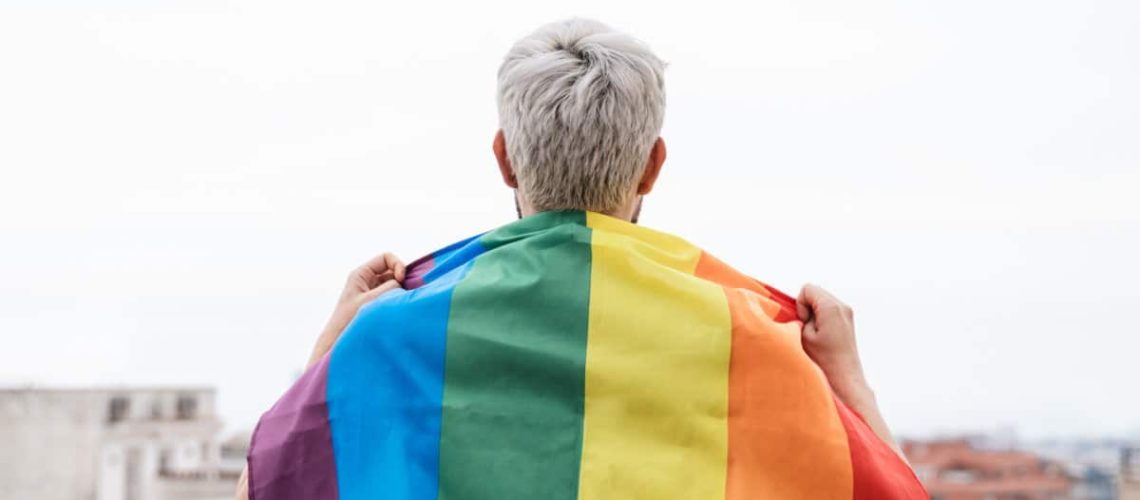The unique challenges faced by older LGBTQ+ individuals often go unrecognized within both mainstream and LGBTQ+ communities. These challenges are compounded by generational differences in perspectives and the evolving nature of LGBTQ+ identities and celebrations.
1. Assumptions in Healthcare

Healthcare professionals may not fully understand or respect the identities of older LGBTQ+ adults, often making assumptions that lead to suboptimal care and discomfort.
2. Senior Housing Discrimination

The fear of discrimination and lack of acceptance in senior housing forces many older LGBTQ+ individuals to conceal their identities, impacting their mental health and well-being.
3. Increased Social Isolation

Older LGBTQ+ adults are more likely to experience isolation due to smaller social networks and the death of peers, exacerbating feelings of loneliness.
4. Economic Insecurity

A lifetime of potential employment discrimination can result in economic insecurity, affecting the quality of retirement for older LGBTQ+ individuals.
5. Legal Inconsistencies

State-by-state variations in legal protections can leave older LGBTQ+ individuals vulnerable to discrimination in critical areas such as healthcare and estate planning.
6. Barriers to Healthcare
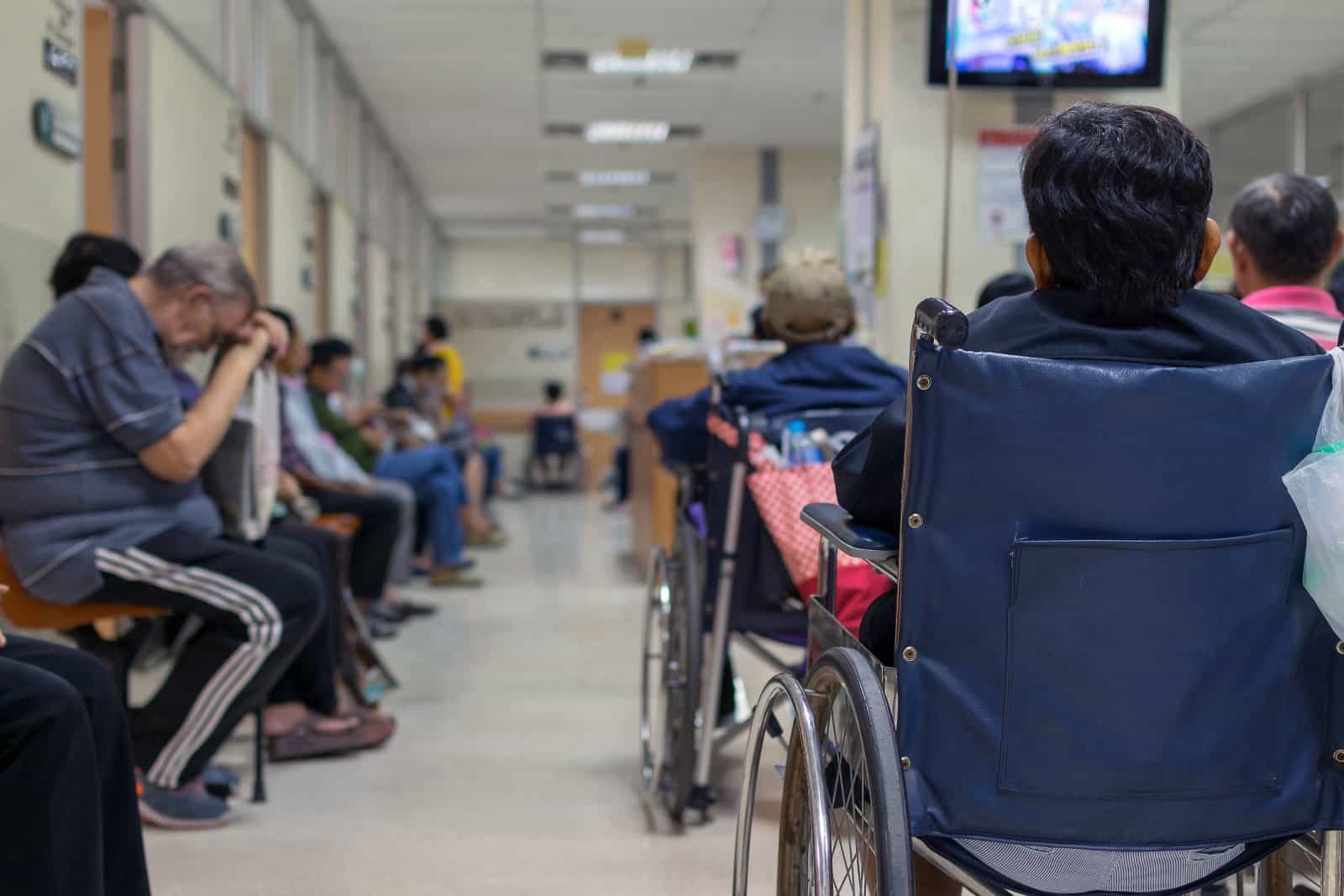
Stigma within the healthcare system can prevent older LGBTQ+ adults from accessing the services they need, often due to providers’ lack of training on LGBTQ+ issues.
7. Mental Health Challenges

Historical and ongoing discrimination contributes to higher rates of mental health challenges among older LGBTQ+ individuals.
8. Shortage of Competent Providers
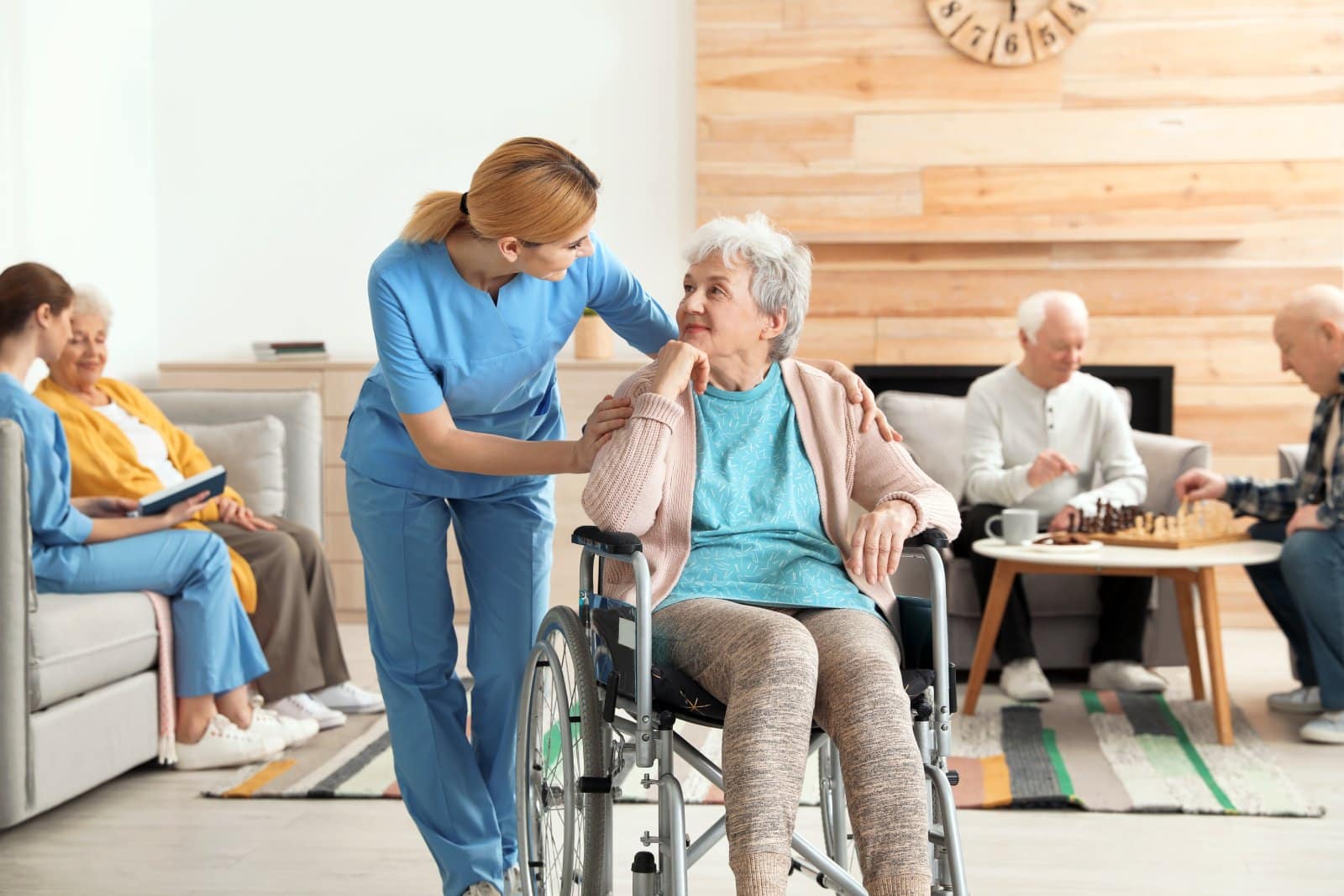
There is a crucial shortage of service providers who are trained and willing to address the specific needs of the older LGBTQ+ population.
9. Difficulty Finding Friendly Services
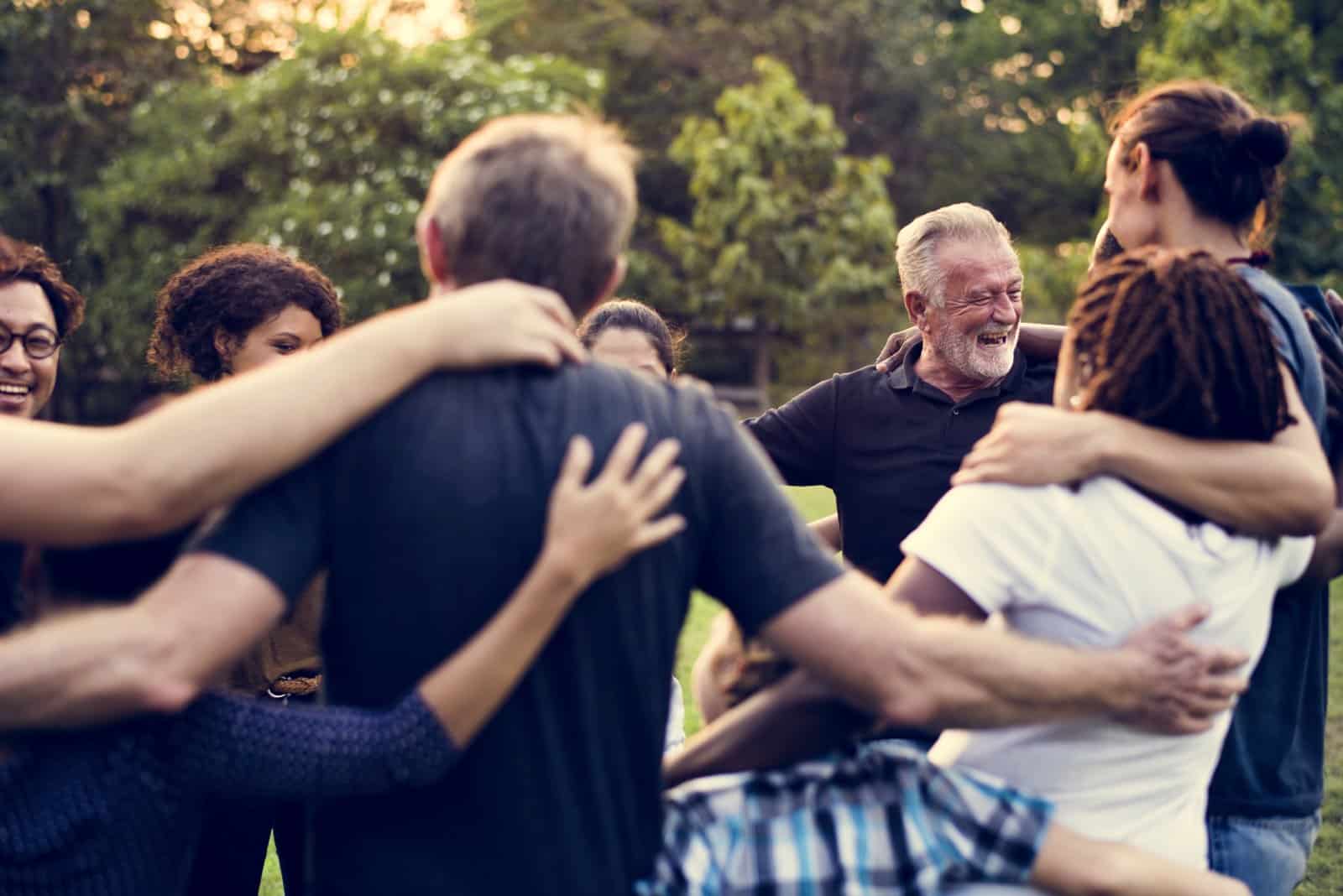
Finding LGBTQ+-friendly services such as community centers or social groups that resonate with older individuals’ values can be challenging.
10. Grief and Loss
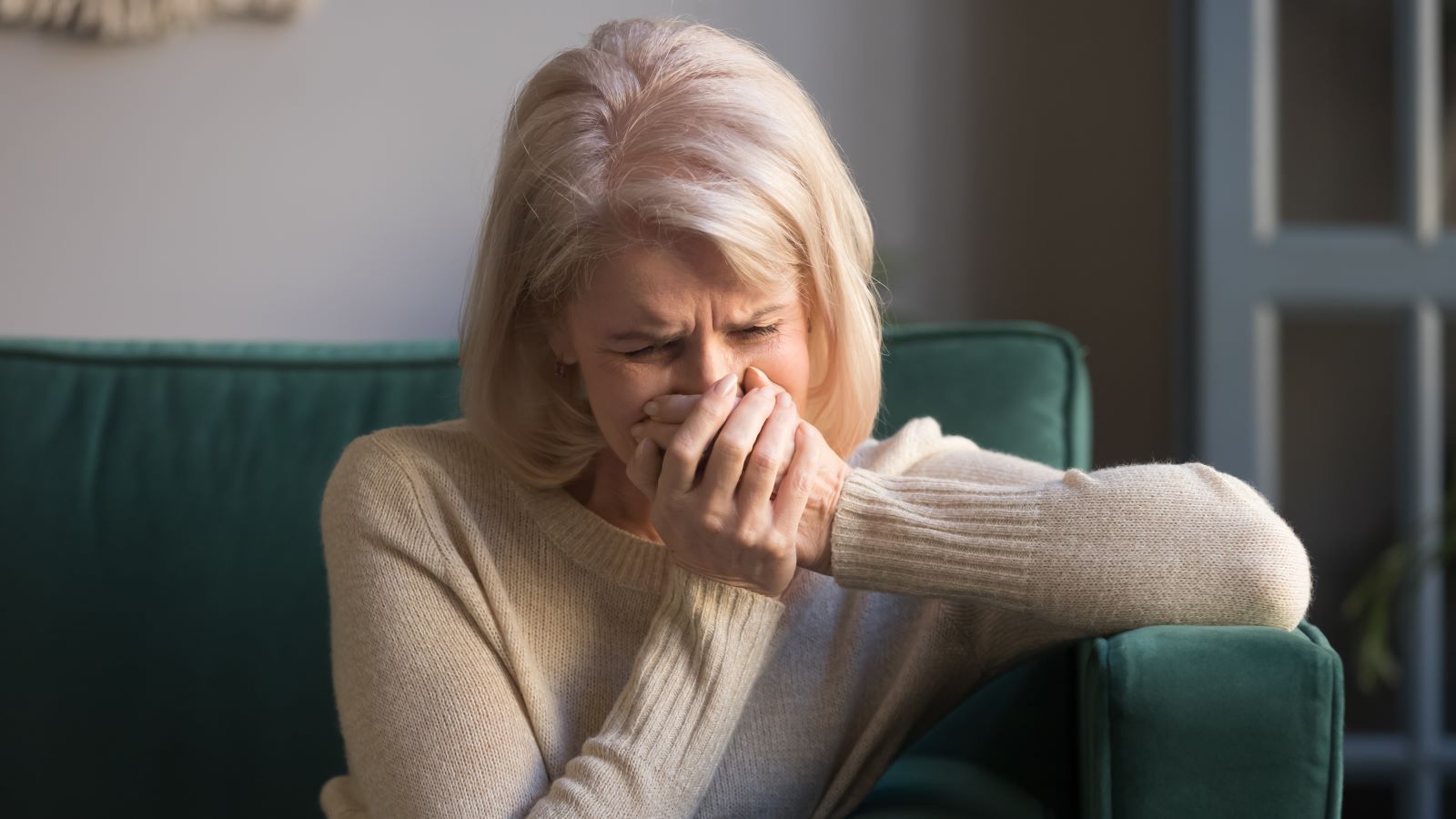
The impact of losing a partner or close friends can be more severe for older LGBTQ+ adults, who may lack robust support networks.
11. Navigating End-of-Life Care
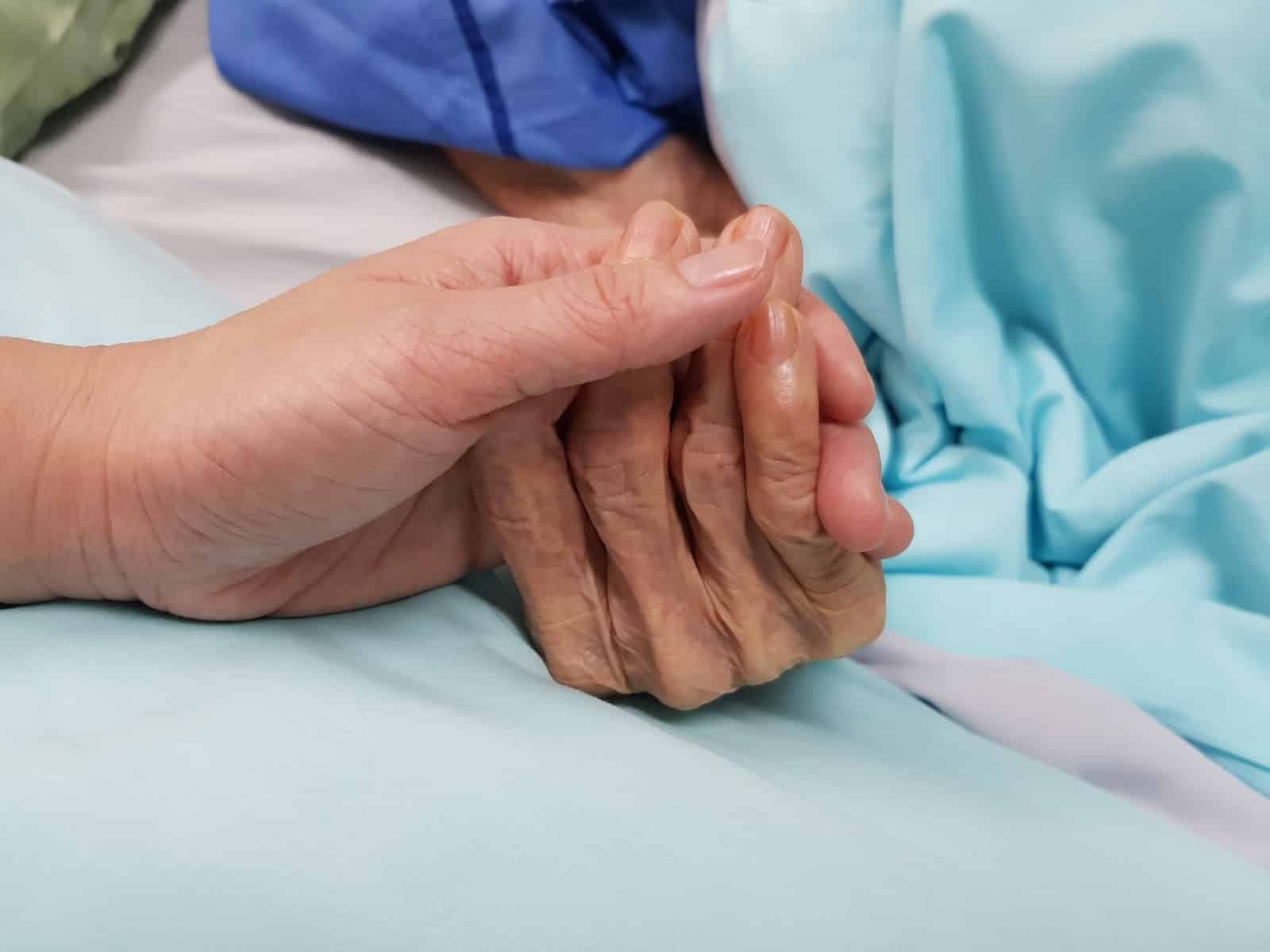
Older LGBTQ+ individuals may struggle to have their end-of-life wishes respected, particularly if they are estranged from biological family members.
12. Feeling Invisible in LGBTQ+ Movements
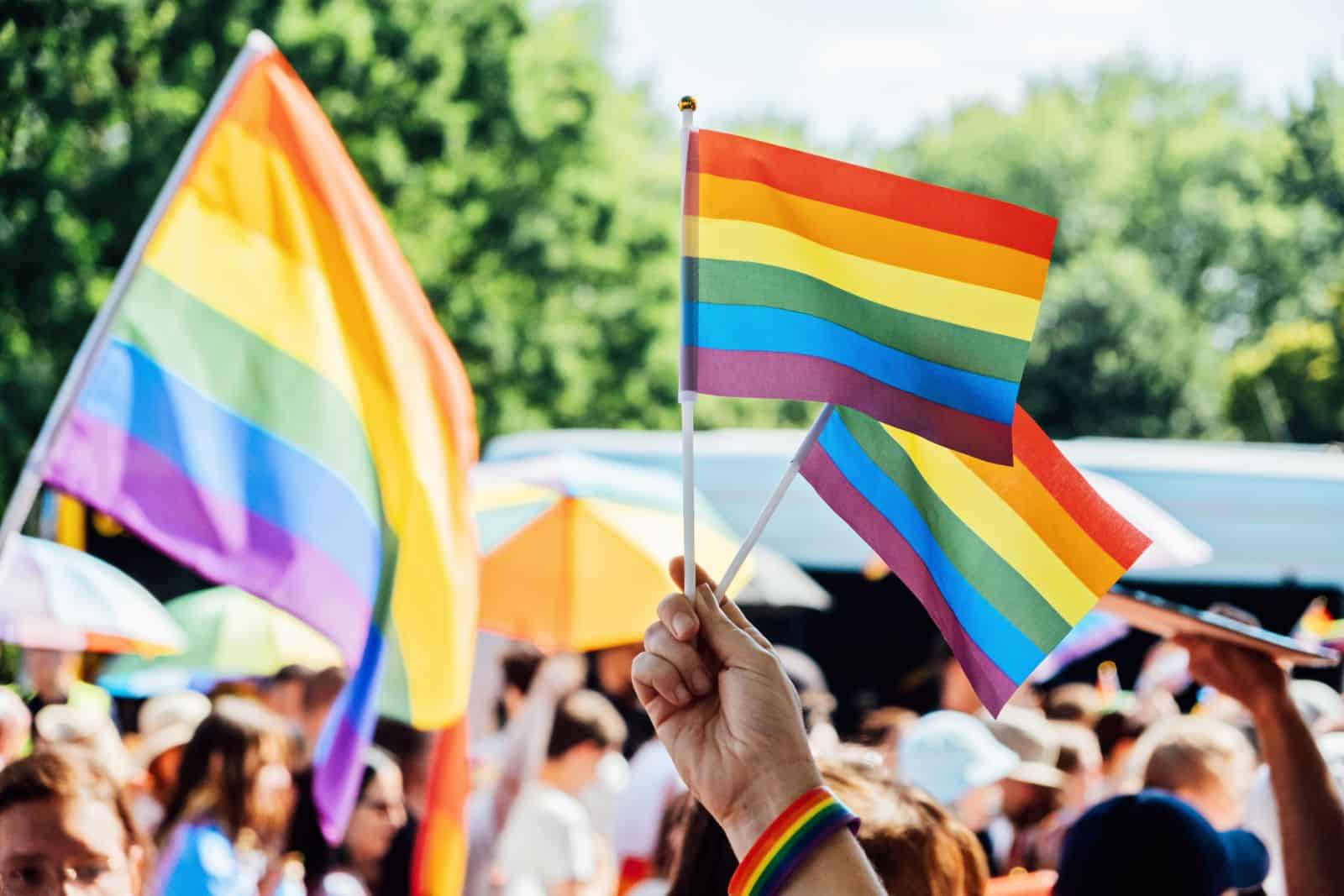
There is a perception among older LGBTQ+ adults that modern LGBTQ+ movements focus predominantly on the needs and styles of younger members, sidelining older voices and concerns.
13. Discomfort With Modern Pride Celebrations

Many older LGBTQ+ individuals find contemporary Pride celebrations too focused on party culture, which can feel alienating and overly exuberant.
14. Generational Divide

There can be significant generational divides within the LGBTQ+ community, with older adults feeling disconnected from younger generations’ approaches to gender and sexuality.
15. Lack of Tailored Programming
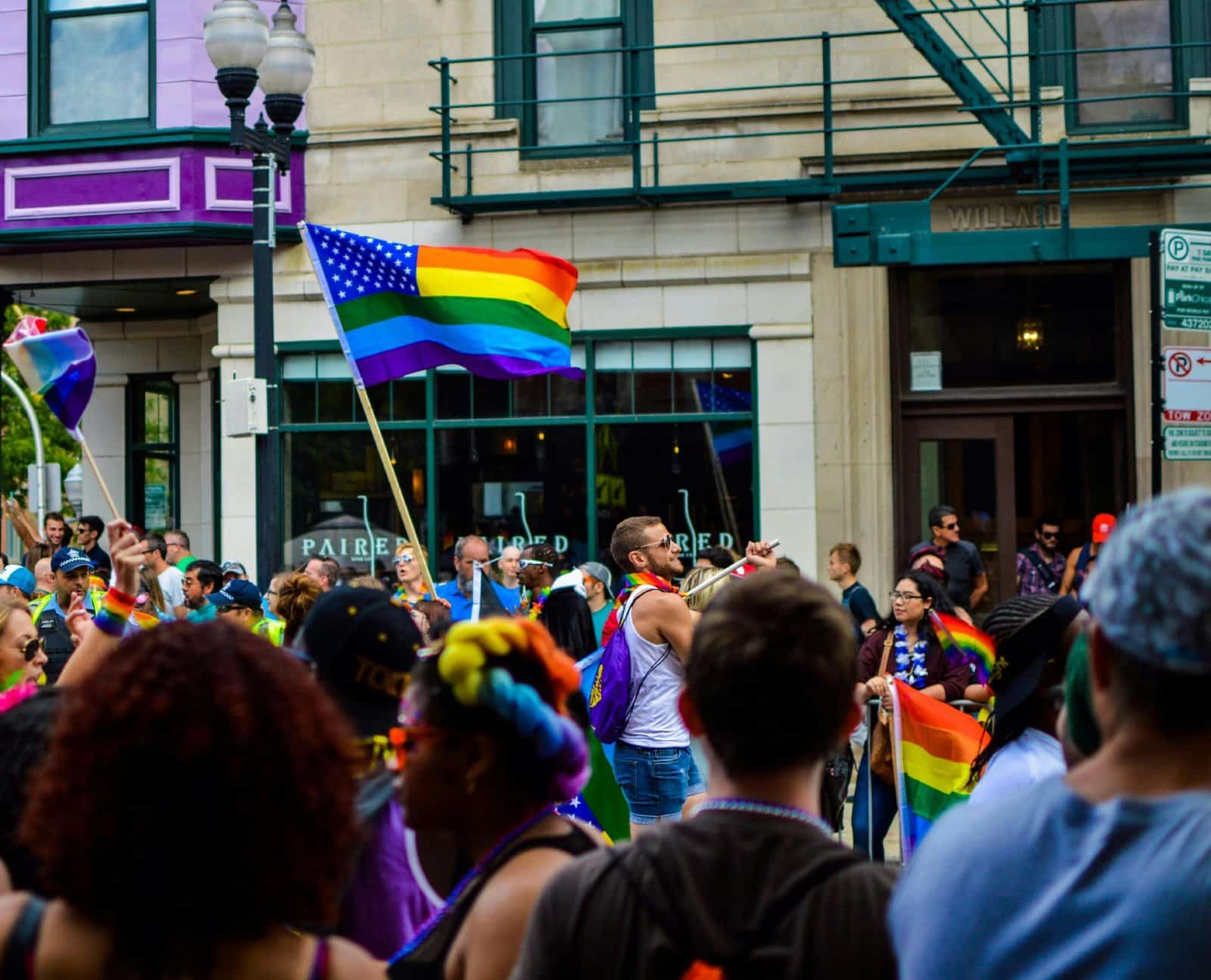
Programs designed to support LGBTQ+ individuals often cater to younger audiences, overlooking the interests and preferences of older adults.
16. Discrimination in Public Services
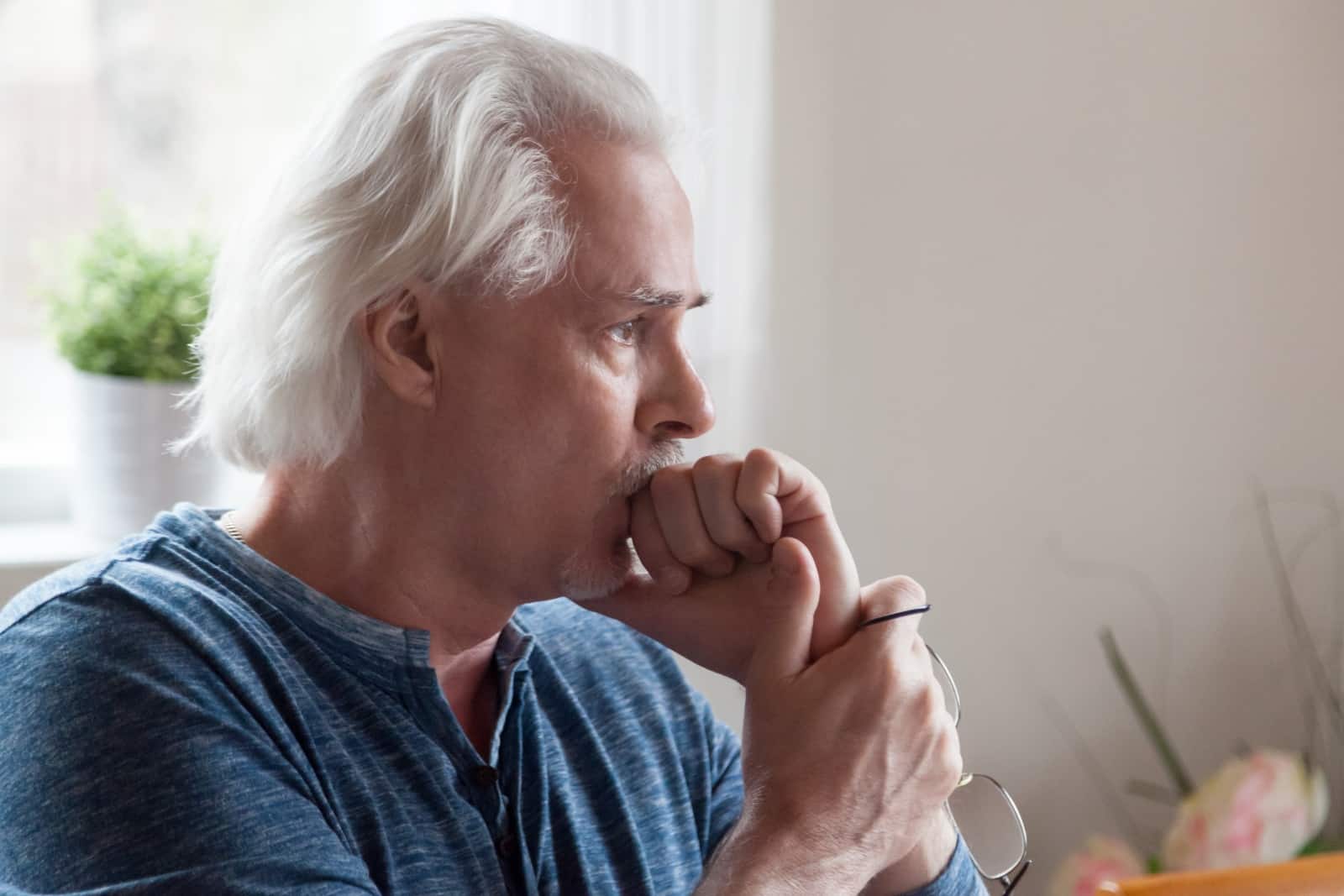
Older LGBTQ+ adults face unique forms of discrimination in accessing public services, from transportation to senior nutrition programs.
17. Challenges in Retirement Planning

The specific financial and healthcare planning needs of older LGBTQ+ adults are often not addressed in standard retirement planning services.
18. Inadequate Research

There is a lack of comprehensive research focusing on the older LGBTQ+ population, leading to gaps in understanding and policy-making.
19. Healthcare Directives Ignored

Healthcare directives of older LGBTQ+ individuals are sometimes not followed due to biases or conflicts with family members who may not recognize their identity or relationships.
20. Cultural Disconnect

The evolving language and visibility of diverse LGBTQ+ identities can sometimes feel overwhelming or exclusionary to those with more traditional views on LGBTQ+ issues.
21. Advocacy and Visibility Needs
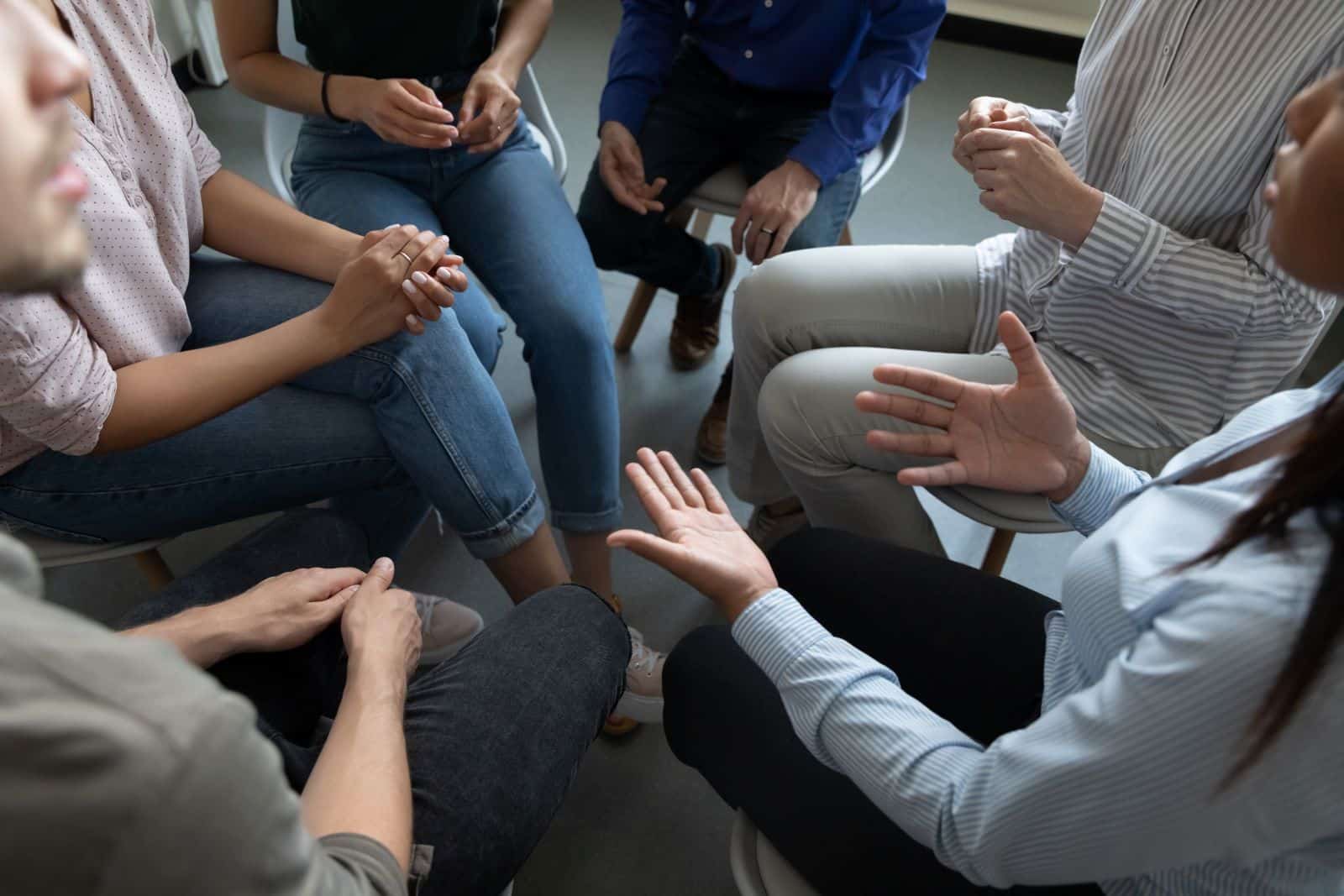
Greater advocacy is needed to ensure that the voices of older LGBTQ+ individuals are heard and that their unique challenges are addressed in community planning and policy.
Bridging the Generational Gap

It is essential to bridge the gap between generations within the LGBTQ+ community to ensure that older adults are not only remembered but actively included and celebrated for their contributions and experiences.
The post The Overlooked Plight of Older Members of the LGBTQ+ Community in the U.S. first appeared on Pulse of Pride.
Featured Image Credit: Shutterstock / Nuva Frames.
For transparency, this content was partly developed with AI assistance and carefully curated by an experienced editor to be informative and ensure accuracy.

